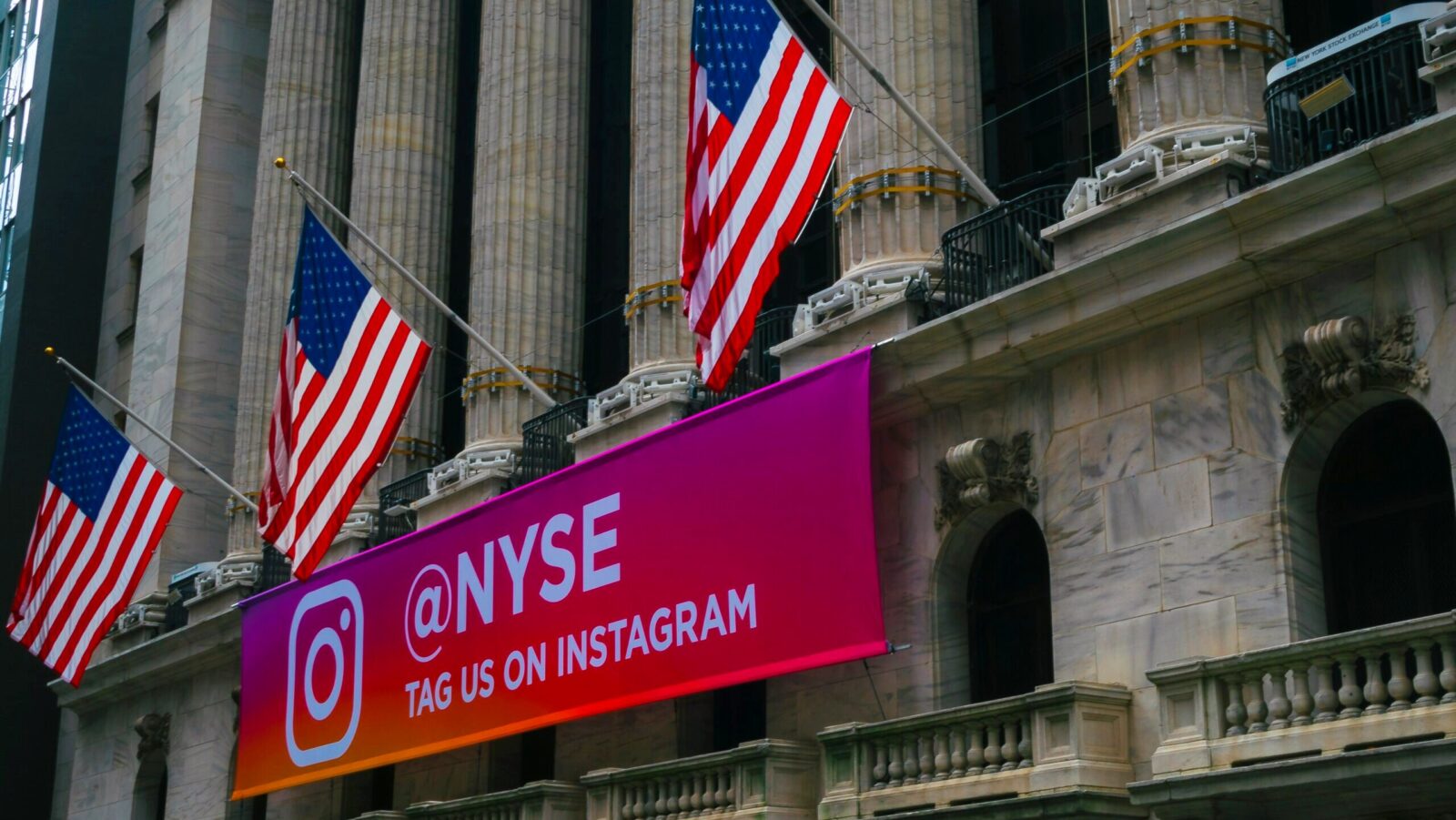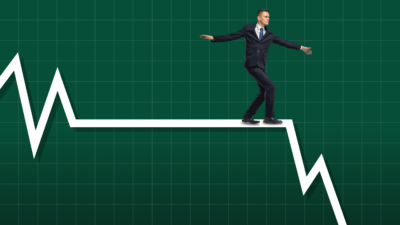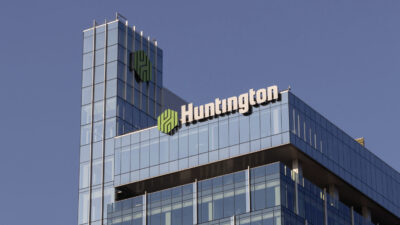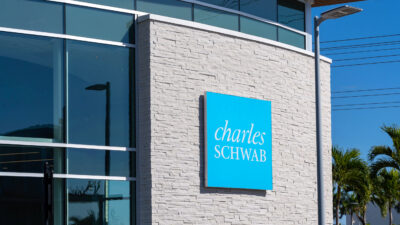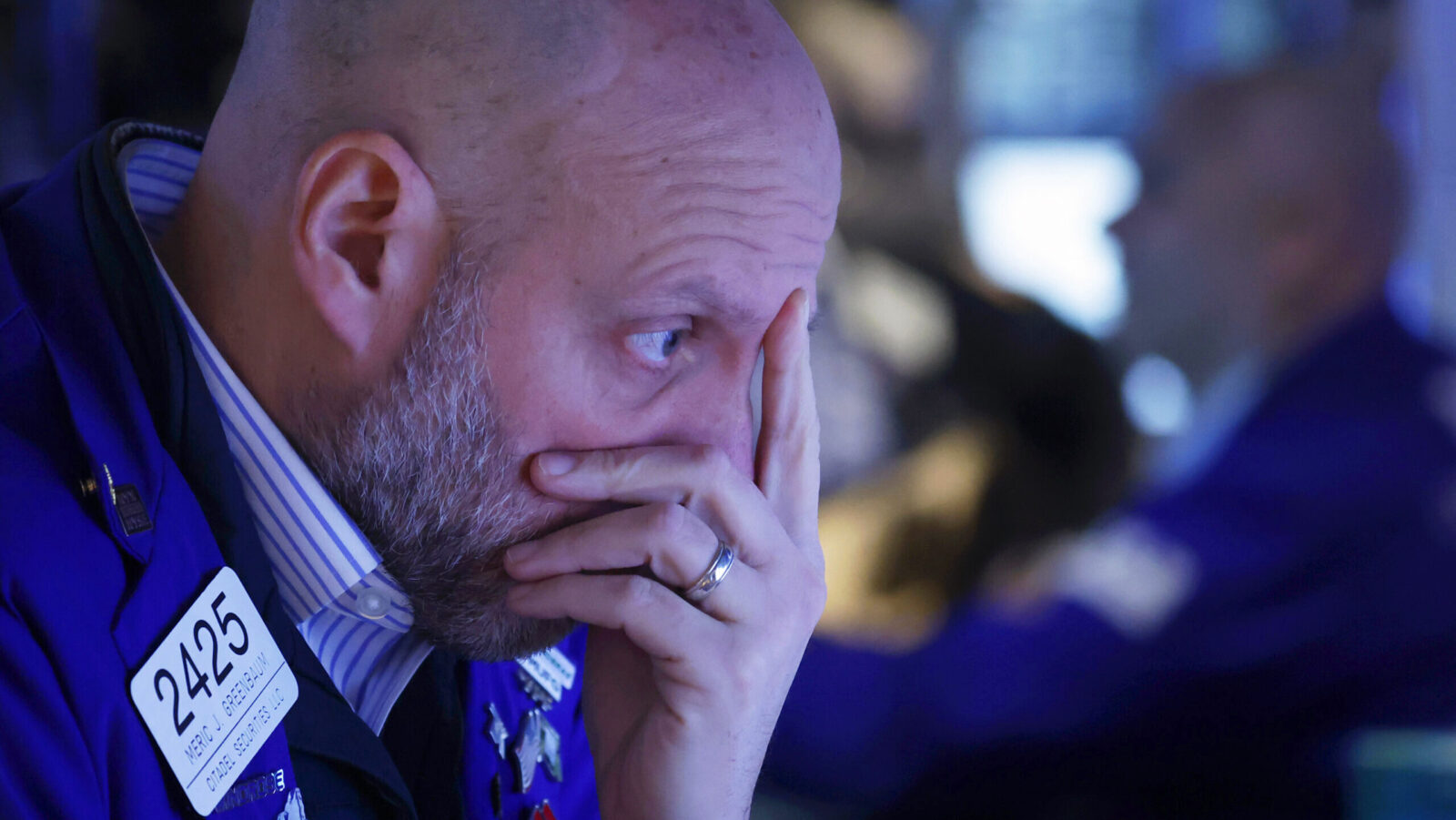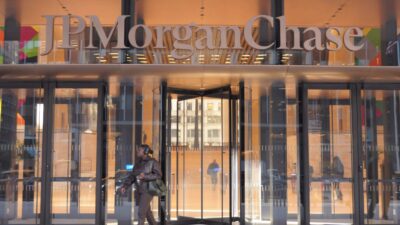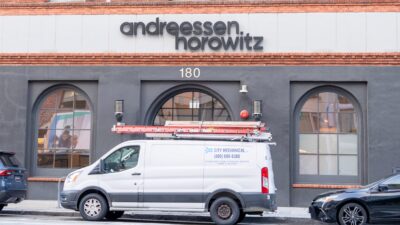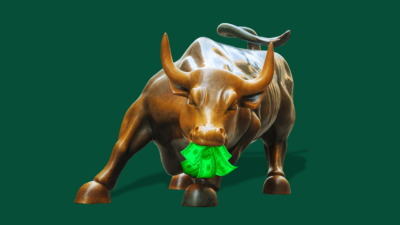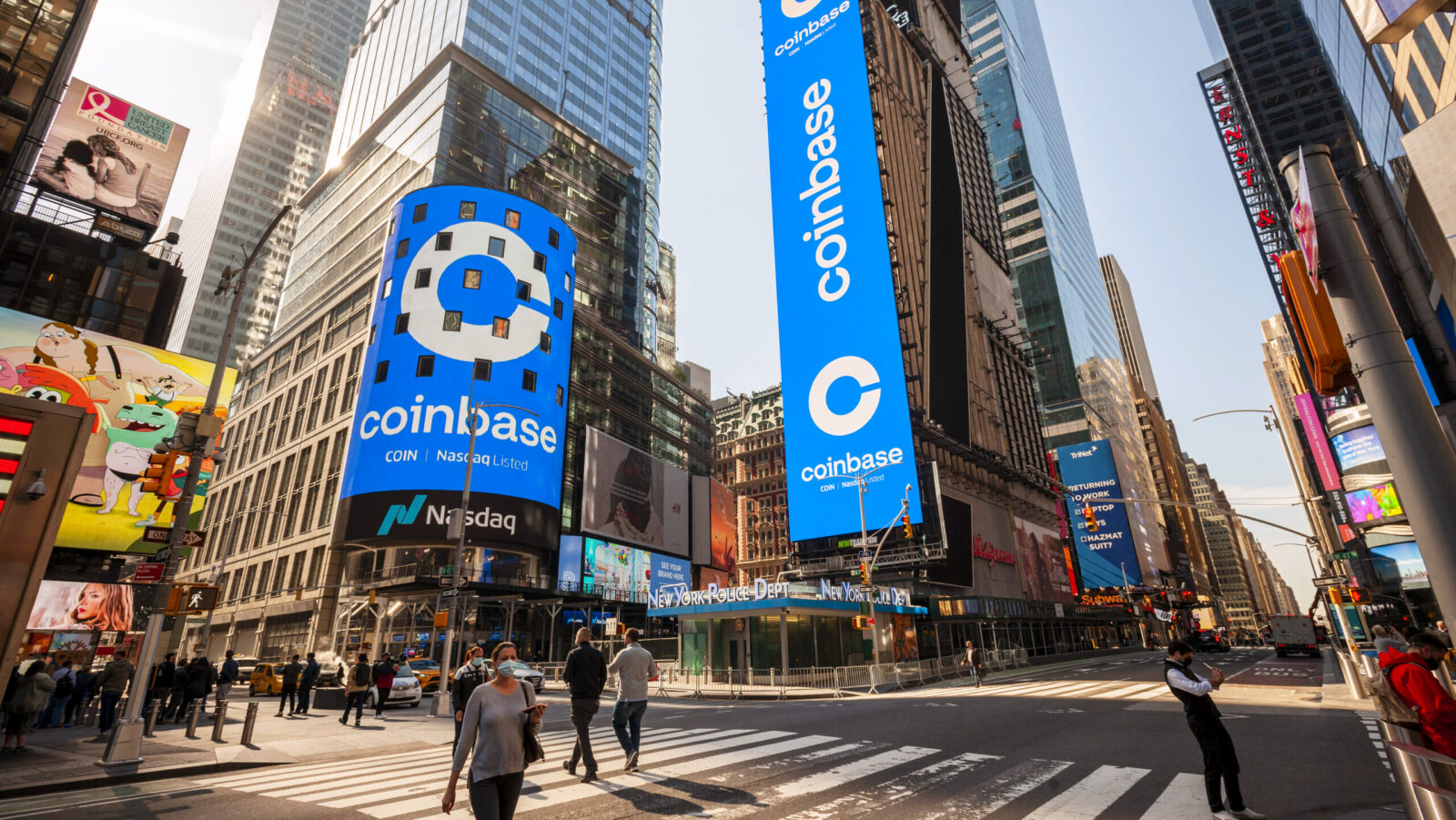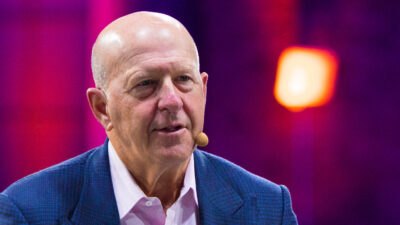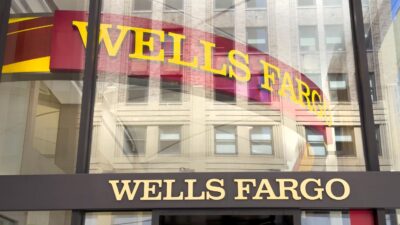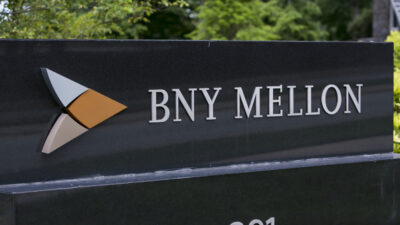The ‘Everything App’: How Robinhood Grew From Trading Platform to Financial Ecosystem
Still in the “early innings of its growth story,” Robinhood has morphed from an app with crowdsourced stock advice to a financial ecosystem.

Sign up for smart news, insights, and analysis on the biggest financial stories of the day.
Seven years ago this month, Robinhood celebrated a major milestone: It had signed up 6 million users. Fast-forward to 2025 and that growth seems like peanuts for the Menlo Park, California-based startup that has fundamentally upended the world of retail investing.
Robinhood had 26.7 million customers as of the end of August and offers cryptocurrency, options and futures trading, access to mortgage lenders, a robo-advisor and more. Just this year, the firm has introduced a predictions market hub and stock tokens. It has evolved far beyond a stock-trading app into a comprehensive financial ecosystem, says Caydee Blankenship, an analyst at investment research firm CFRA.
The company, which tends to cater to younger investors, is “perfectly positioned at the epicenter of the largest wealth transfer in human history,” Blankenship adds. “We’re looking at a multi-decades tailwind here. As their customers get richer, Robinhood will also get richer.”
Since Robinhood (HOOD) debuted on the Nasdaq in July 2021, its market capitalization has nearly quadrupled from $32 billion to about $119 billion. Revenues were up 45% year-over-year as of the end of July.
The Place to Grow
Founded in 2013, Robinhood began as a social app in which investors could seek crowdsourced stock advice from one another. “Robinhood is liberating information that’s locked up with professionals and giving it to the people,” co-founder and now-CEO Vlad Tenev told TechCrunch at the time. Soon after, the firm went even further in its mission to “democratize finance for all” with a brokerage platform that offered commission-free trading.
The move changed the investing landscape forever. By early 2020, major players including Charles Schwab, Vanguard and Fidelity had followed in Robinhood’s footsteps and eliminated commissions on trades.
Then, when the COVID-19 pandemic struck and lockdowns turned stock trading into the new American pastime, Robinhood hit a growth spurt, thanks in part to its appeal to young and new investors. By May 2020, the company said it had added more than 3 million accounts so far that year, half of which were opened by first-time investors.
In 2025 alone, Robinhood has launched so many new offerings that it’s hard to imagine that just a few years ago, its users focused mainly on trading stocks and ETFs.
In April, the company began offering a private wealth management service, one that grew to include more than 100,000 funded customers and over half a billion in assets by the end of July. As its customers’ needs for wealth management have grown, so has Robinhood: In February, it acquired portfolio management platform TradePMR with the goal of building an advisory platform for the next generation of investors. This fall, it’s rolling out Robinhood Banking, offering customers traditional FDIC-insured banking and savings accounts via a partnership with Coastal Community Bank. The firm also recently expanded into mortgage-lending, teaming up with Sage Home Loans to introduce an exclusive loan offer.
“We want to be the place to custody all of our customers’ assets and process all of their financial transactions,” Jason Warnick, chief financial officer, said during the company’s most recent earnings call. “Lending plays right into this.”
Social-Climbing Strategy
In September, the firm’s predictions markets hub, officially brought to life in March after initially allowing customers to bet on the 2024 presidential election, said 4 billion event contracts had been traded since its startup, according to a social media post by Tenev. Now, the firm is exploring whether to expand its prediction market outside the US, according to Bloomberg.
The milestones in Robinhood’s prediction market demonstrate its ability to identify and dominate emerging opportunities before competitors, Blankenship says. “It’s kind of like that textbook ‘first-mover advantage’ in action … Not only are they participating in new markets, but they’re also creating them.”
Robinhood began offering stock tokens this year as well, giving European users access to US equities.
Next up is Robinhood Social, a community akin to Reddit’s popular /wallstreetbets where investors can compare strategies, discuss market moves and follow other Robinhood traders, coming next year.
The recent launches suggest that Robinhood is pursuing an “everything app” model, aiming to manage users’ whole financial lives by 2027, says Anindya Ghose, a technology and marketing professor at New York University’s Stern School of Business.
Not everyone thinks the expansion is a good thing. Ben Johnson, head of client solutions at investment research firm Morningstar, says that Robinhood’s transition can be compared to a supermarket. While it used to offer fruits and veggies (like broadly diversified, cheap, tax-efficient ETFs), it’s now offering what’s effectively “ultraprocessed junk food.”
“They’re trying to open up things that don’t look at all like thoughtful, solid, sound long-term investments,” such as options, crypto and prediction markets, Johnson says. “You’ve gone effectively from kale to beer-can-chicken-flavored Pringles.”
Making Exclusive Tools Inclusive
A spokesperson for the company demurred: “To say Robinhood’s offerings are not ‘thoughtful’ is pretty insulting to the millions of people who use these capabilities both on our platform and across the industry … Robinhood’s mission is to democratize finance for all. That means giving everyone, regardless of their background, access to the tools and asset classes once reserved for the wealthy.”
While pursuing that goal, Robinhood has encountered its fair share of challenges. During the now-famous meme stock frenzy of 2021, when an army of amateur investors bought shares of GameStop’s stock to stick it to institutional short-sellers, Robinhood came under fire for halting customers’ ability to buy the shares. US Rep. Alexandria Ocasio-Cortez, a New York Democrat, called the move “unacceptable,” a message co-signed by Sen. Ted Cruz, a Texas Republican and former GOP presidential contender.
The company has also faced regulatory scrutiny, including in March when the Financial Industry Regulatory Authority (FINRA) fined the company $26 million and ordered it to pay $3.75 million in restitution to customers for violating rules, including “failing to respond to red flags of potential misconduct.” In response, Robinhood said it remains “committed to transparent, collaborative relationships with its regulators, which includes ensuring our offerings are compliant with existing laws and regulations.”
‘Early Innings’
So what’s next for the investing platform that now offers everything from retirement savings accounts and bitcoin to a 3.75% annual percentage yield on cash?
Ghose said Robinhood is poised for double-digit revenue growth this year through its global rollout of prediction markets and expansions of tokenized assets. In a tightening regulatory landscape, the company will likely “advocate for clearer rules while innovating around them, such as lobbying against broad prohibitions to enable overseas launches in Europe and Asia where frameworks are more crypto-friendly,” he said.
The real game-changer will be Robinhood’s strategy around artificial intelligence, Blankenship adds. She predicts personalized portfolio management and, eventually, even autonomous financial agents that could manage a customer’s financial life. But whatever the company decides to pursue next, it has clearly positioned itself as a major industry player with more market share to capture.
“Robinhood is still in the early innings of its growth story,” Blankenship says.
